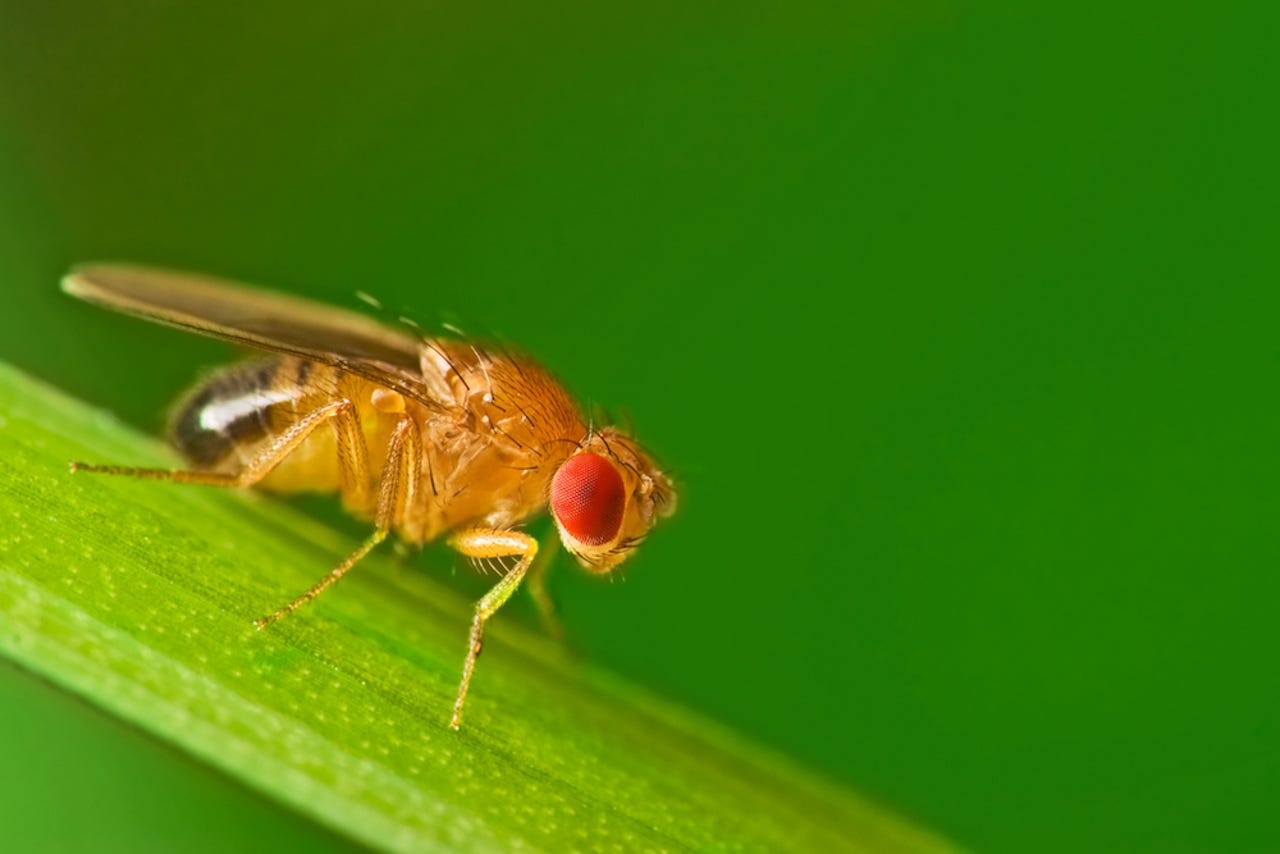Scientists built this Raspberry Pi-powered, 3D-printed robot-lab to study flies


Researchers have created a Raspberry Pi-powered robotic lab that detects and profiles the behaviour of thousands of fruit-flies in real-time.
The researchers, from Imperial College London, built the mini Pi-powered robotics lab to help scale up analyses of fruit flies, which have become popular proxy for scientists to study human genes and the wiring of the brain. The researchers call the lab an ethoscope, an open-source hardware and software platform for "ethomics", which uses machine vision to study animal behaviour.
And while computer-assisted analysis promises to revolutionize research techniques for Drosophila (fruit fly) neuroscientists, the researchers argue its potential is constrained by custom hardware, which adds cost and often aren't scalable.
The Raspberry Pi-based ethoscope offers scientists a modular design that can be built with 3D-printed components or even LEGO bricks at a cost of €100 per ethoscope.
"One of the most successful features of DAMs that we aimed to imitate is the ability to run dozens of experiments simultaneously, gathering data in real-time from thousands of flies at once, using a device that follows a 'plug-and-play' approach," they write.
Besides the Raspberry Pi, the ethoscope requires a HD camera and a 3D-printed box-type frame with various compartments. They've also provided designs and instructions for creating the frame with LEGO or folded cardboard.
The Raspberry Pi and camera are located at the top for observing and recording a "behavioral arena" deck at the bottom, which is illuminated by an infrared LED light. They offer eight behavioral arena 3D print designs for different types of studies, such as sleep analysis, decision making, and feeding.
Each ethoscope is powered via USB and can be controlled from a PC through a web interface. The Raspberry Pi offloads data to PCs over wifi for analysis, which also ensures experiments aren't constrained by storage capacity on the Raspberry Pi.
On the software side, they used a supervised machine learning algorithm to develop a tracking module and a real-time behavioral annotator that automatically labels different states of activity, such as walking, making micro-movements like eating or laying an egg, and not moving.
"It may appear surprising, but fruit flies are smart animals and they can do pretty much everything humans do: flies know how to look for food, shelter and mating partners; they learn to avoid predators and aggressive mates; they communicate, court and engage in social lives," said Quentin Geissmann, the PhD student at Imperial's Department of Life Sciences who led the study.